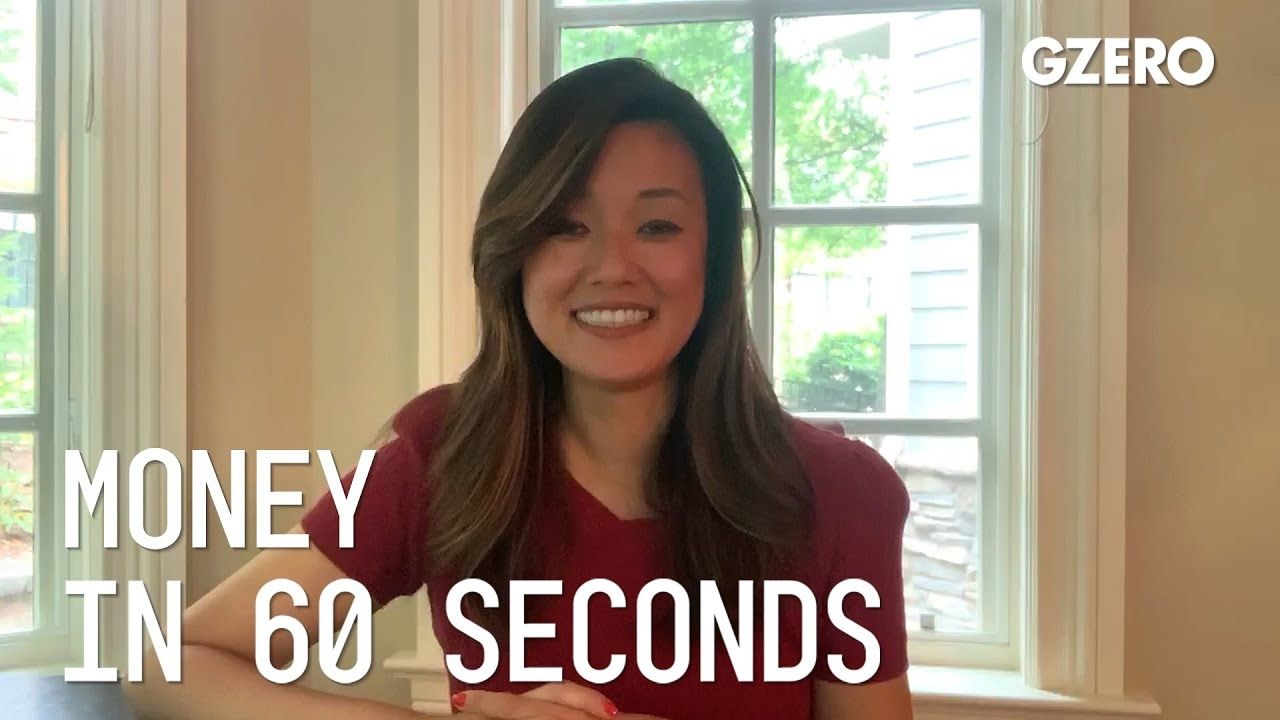In 60 Seconds
Why more companies are going public now

Why More Companies Are Going Public Now | Money In :60 | GZERO Media

Betty Liu, Executive Vice Chairman for NYSE Group, provides her perspective:
Over the past few weeks, more companies have been going public. Why is that?
Well, as you might recall, back in March, when we first saw the pandemic erupt, the markets were extremely volatile. And in fact, we triggered the market wide circuit breakers a total of four times between March 9th to 18th. At that time, you had some companies tap the capital markets to raise funds for short term funding needs, but there weren't a lot of IPOs. Now the markets are a little bit more calm, so to speak, and that means that the IPO window is opening. You've seen companies like Albertson's, Dun & Bradstreet and Lemonade go public in just the last few weeks.
What is the IPO window?
So, some analysts refer to this as the open window when private companies can tap the capital markets and go public. So, this window is usually at a time when the market conditions are more conducive to a company raising funds and going public. And that is exactly what is happening right now.
GZERO World heads to the World Economic Forum in Davos, where Ian Bremmer lookst at how President Trump’s second term is rattling Europe, reshaping both transatlantic relations and the global economy, with Finland’s President Alexander Stubb and the IMF’s Kristalina Georgieva.
Think you know what's going on around the world? Here's your chance to prove it.
How widely is AI actually being used, and where is adoption falling behind? Speaking at the 2026 World Economic Forum in Davos, Brad Smith, Vice Chair and President of Microsoft, outlined how AI adoption can be measured through what he calls a “diffusion index.”
U.S. President Donald Trump holds a bilateral meeting with NATO Secretary General Mark Rutte at the World Economic Forum (WEF) in Davos, Switzerland, January 21, 2026.
After saying numerous times that he would only accept a deal that puts Greenland under US control, President Donald Trump emerged from his meeting with NATO Secretary General Mark Rutte singing a different tune.